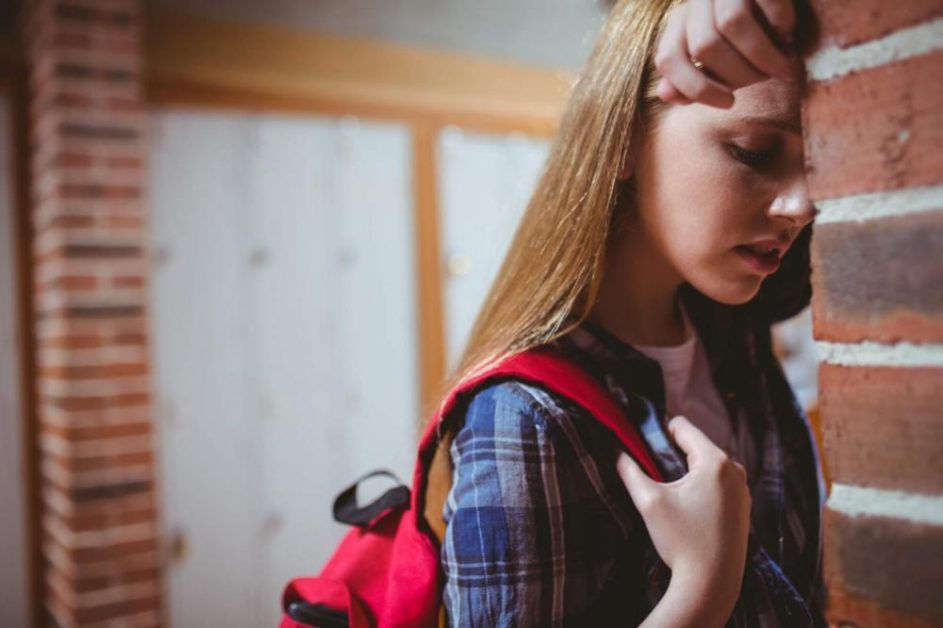The end of the summer can be very upsetting for many students. Going back-to-school means having a hectic schedule, lots of homework, and the same boring “early to bed and early to rise” routine. Many children and teenagers also experience difficulty with transitions and “switching” their brain back to learning mode after a summer of camp, relaxation, and family vacations.
While a majority of the students find the transition from vacations to school stressful, a few of them find it literally unbearable and extremely anxiety-provoking. Such students can face anxiety disorders and extreme mood swings that are much severe than normal back-to-school jitters.
Back-to-school anxiety might be the reason behind their impulsivity, tantrums and sudden complaining of headaches and stomachaches. It can also be very difficult to suddenly change a lax summer bedtime schedule back to an earlier time for the start of the school year.
Generally, back-to-school anxiety is a result of over thinking which pre-occupies the mind of a student, making them more anxious and nervous. Most of the time, their thoughts usually consist of:
- “Who will be my new teacher?”
- “Will I be allowed to sit with my best friend or will the seating arrangement change again?”
- “Who will I sit next to during lunch time?”
- “Will the new classmates accept me?”
- “Will I manage to get good grades?”
Many similar questions collectively haunt the child, consequently making them unable to perform well at school. If adequate measures are not taken, an anxiety disorder can act as a serious challenge and hurdle in the student’s daily life.

